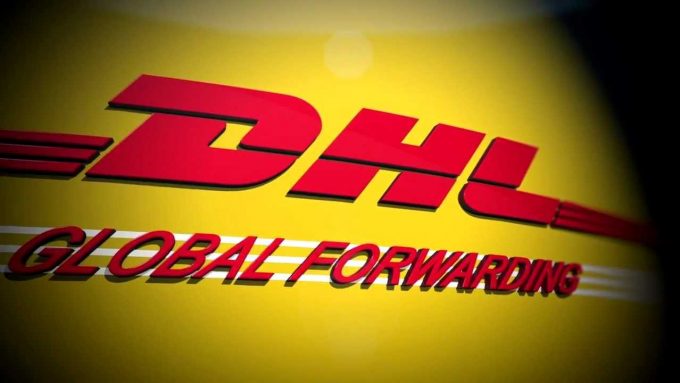Mayerline Santamaria Neira named Leschaco Colombia's new MD
German air and sea freight forwarder Leschaco has appointed Mayerline Santamaria Neira (above) as the ...

Almost all the key 2017 financial figures released by DP-DHL this month moved in the right direction – group revenues rose nicely above inflation and earnings growth was even stronger, thanks to operating leverage, while free cash flow as well as debt metrics were impressive.
One number soared, however, and certain trends prompted concern, particularly for the employees of the DHL Global Forwarding (DGF) unit.
(DGF in this story refers to both freight and forwarding activities, which are reported separately).
Rising costs
It is ...
Crew member dies as Maersk Frankfurt catches fire on maiden voyage
Maersk Frankfurt owner declares General Average, as fire-fighting continues
More danger to box ships as Houthis expand Red Sea attack arena
Bangladesh 'jam-packed' with cargo as curfew and internet restrictions continue
K+N eyes more cost-cutting after first-half profit and market share declines
'Last chance' for US importers to stock up before possible east coast port strike
New FMC regulation rules out carrier 'lame excuses' for rolling cargo
Maersk Frankfurt heads for open water as container fire subsides

Comment on this article
Ross Delaney
March 26, 2018 at 9:47 pmThis is at the heart of the ill conceived bias in market financial analysis towards asset carrier businesses versus their forwarder competitors….
“Let’s look at the EBIT/employees ratio by unit in 2017 instead, which was: €8,363 for PeP; €20,112 for Express; €6,964 for Global Forwarding; and €3,723 for Supply Chain.
This shows why the freight forwarding unit is where the axe might fall, barring similar considerations for the supply chain business, which has capex requirements at about 4x versus DGF.”
So in essence: 4x capex should not require a similar or greater multiple to be applied to the expected revenue per employee of that high asset consumption dependent business model? Why not?
Back in the day, Burlington Northern coined the phrase “people not planes deliver” yet it seems financial analysts through this ZIRP era have been able to repeatedly give lazy capital intensive business models, those that rely in turn on lazy anti-trust regimes, a free pass.
Ale Pasetti
March 27, 2018 at 9:38 amThat is exactly the point, I think we agree Ross. Thanks much for your feedback.